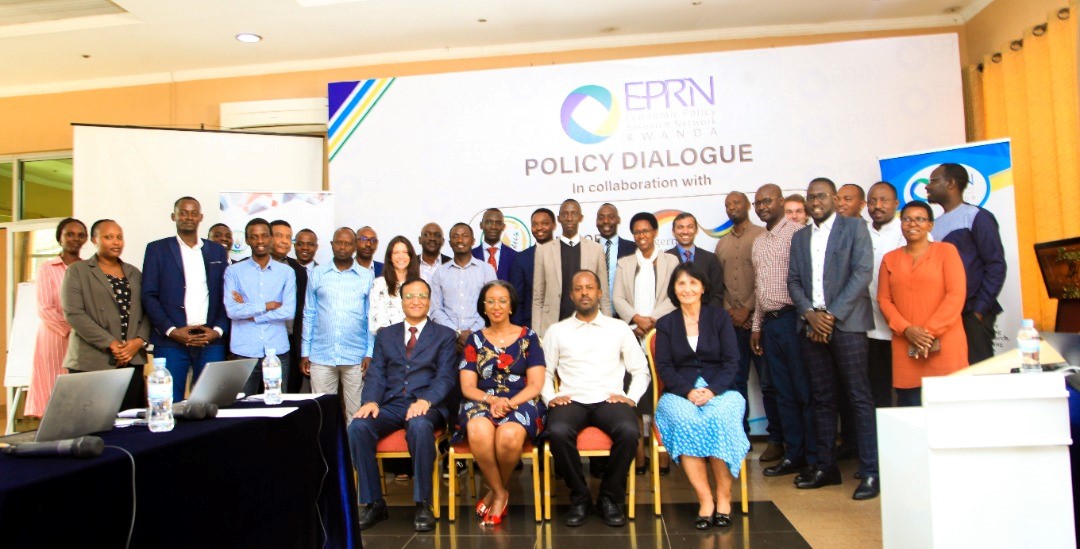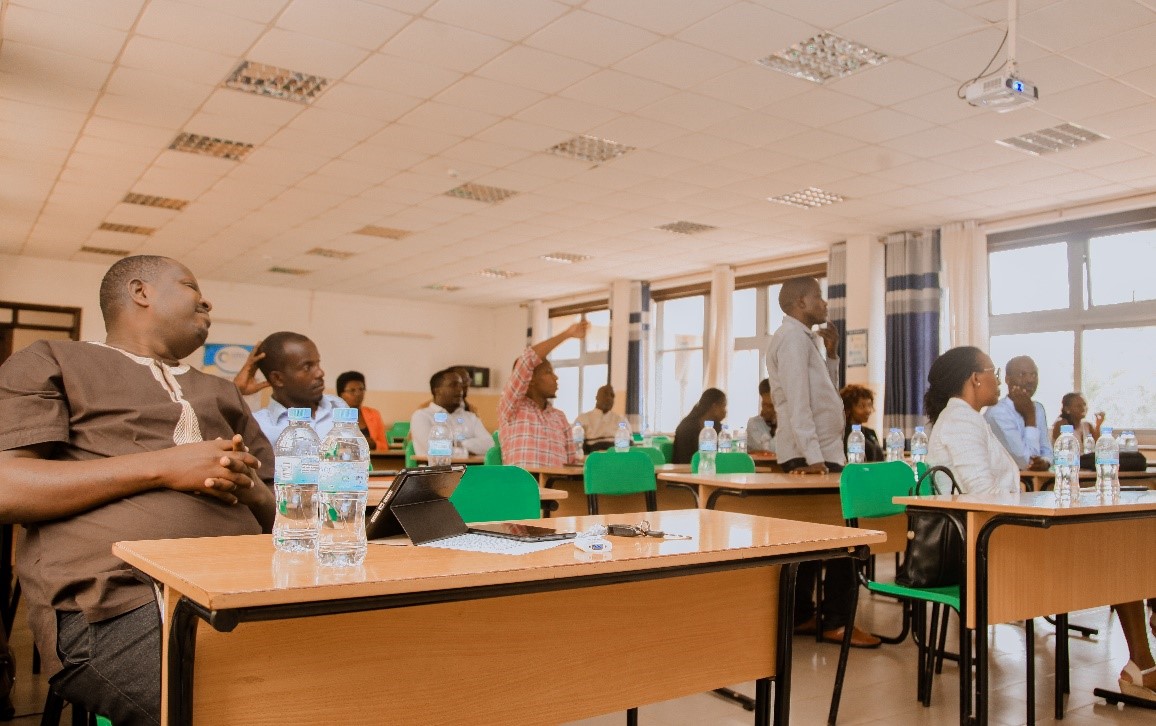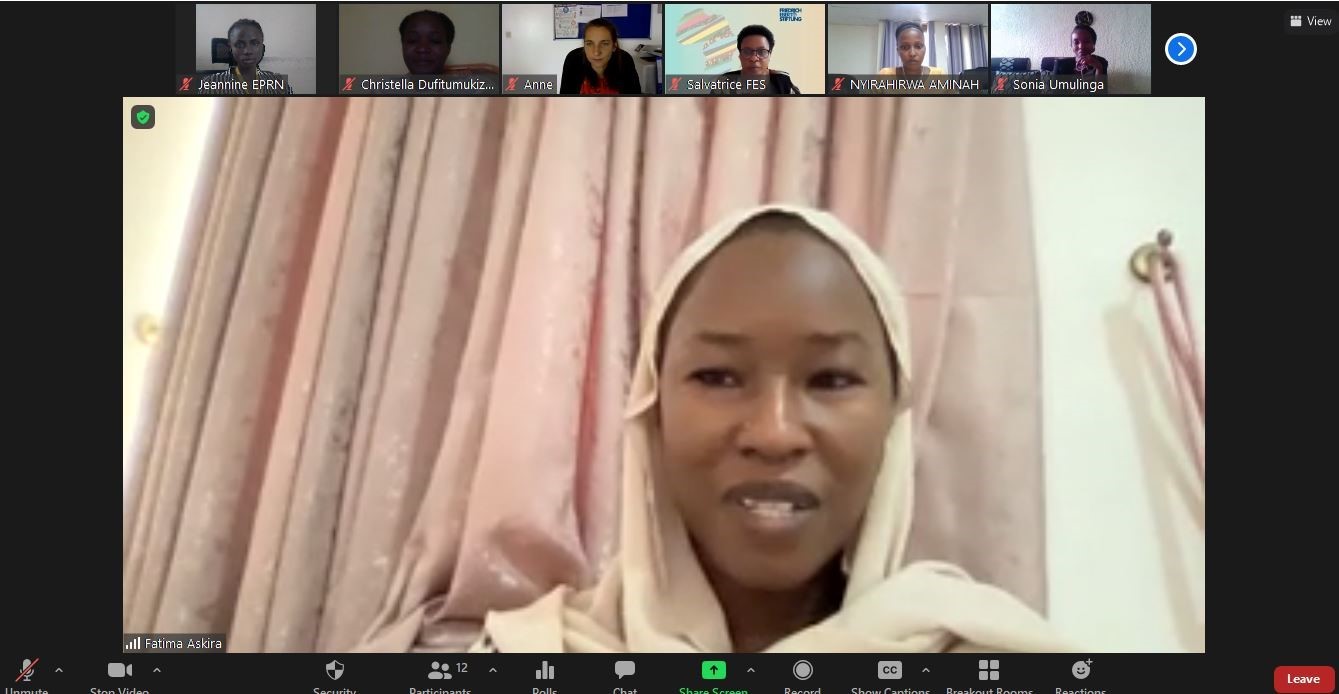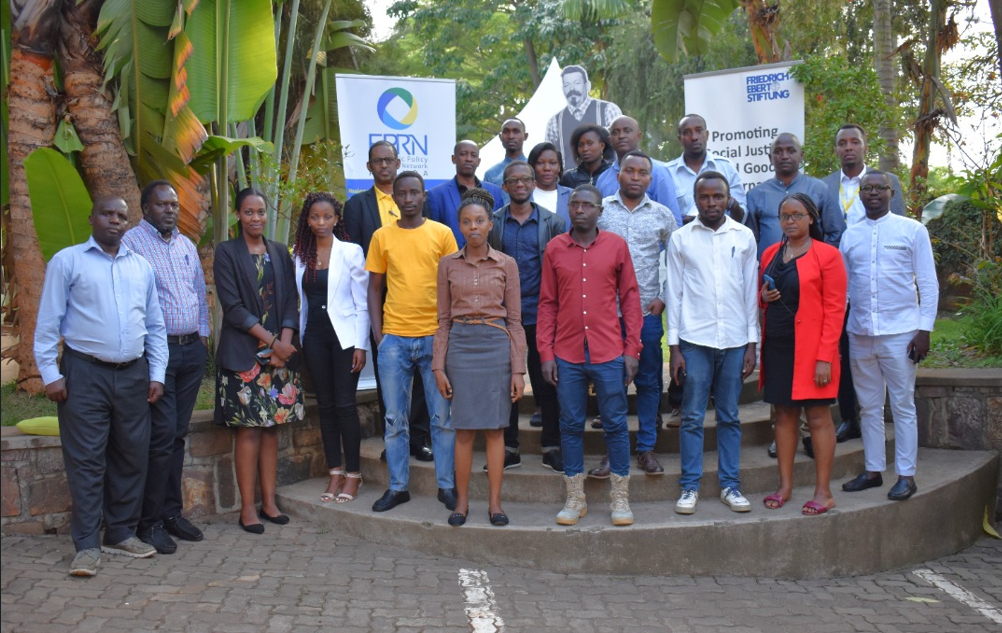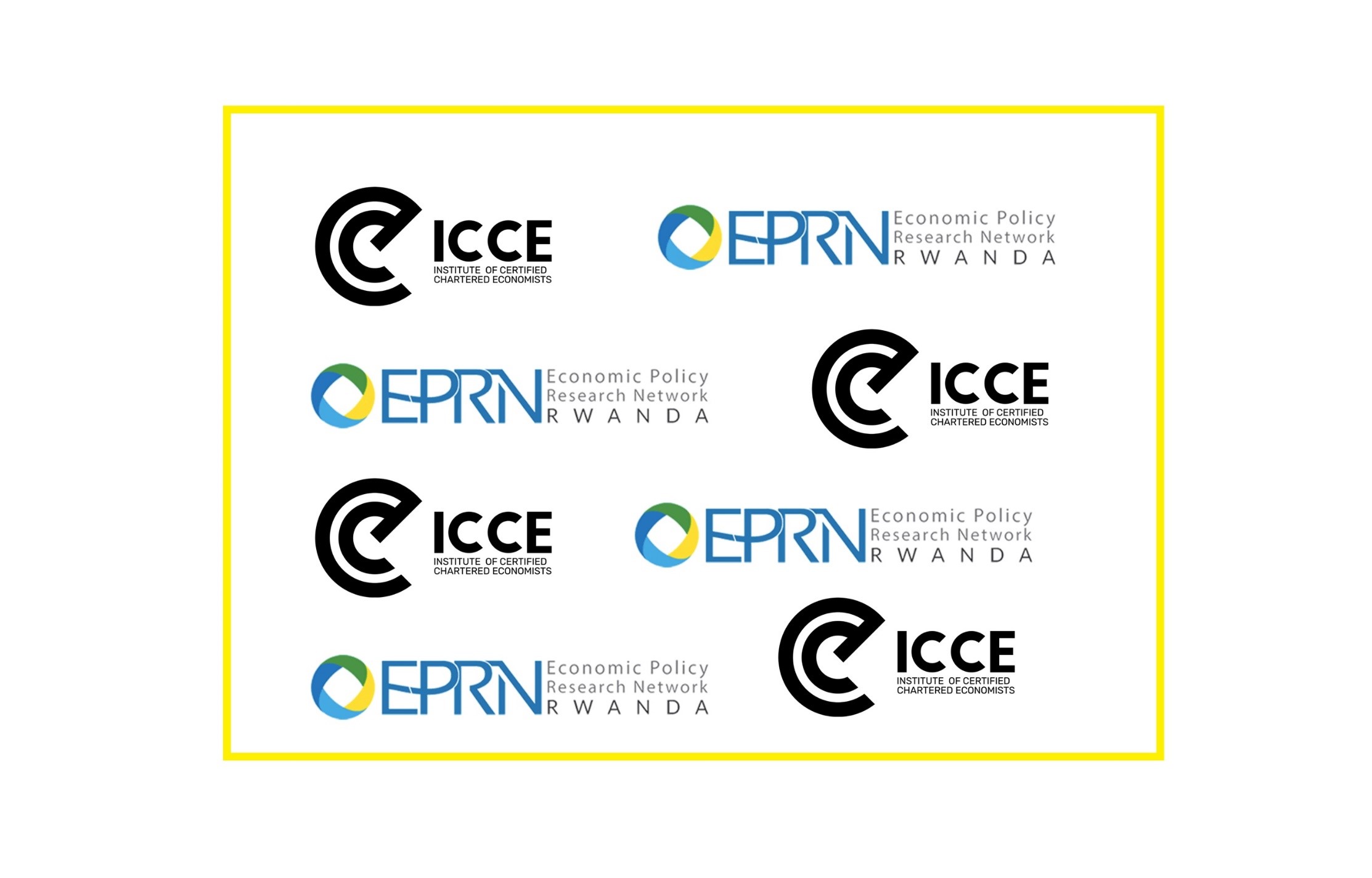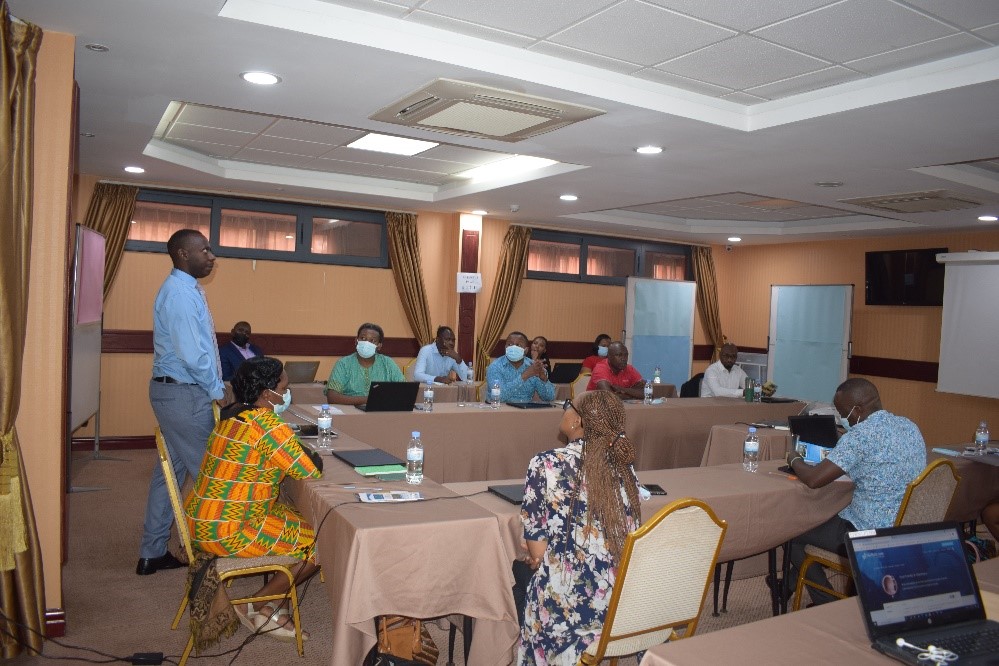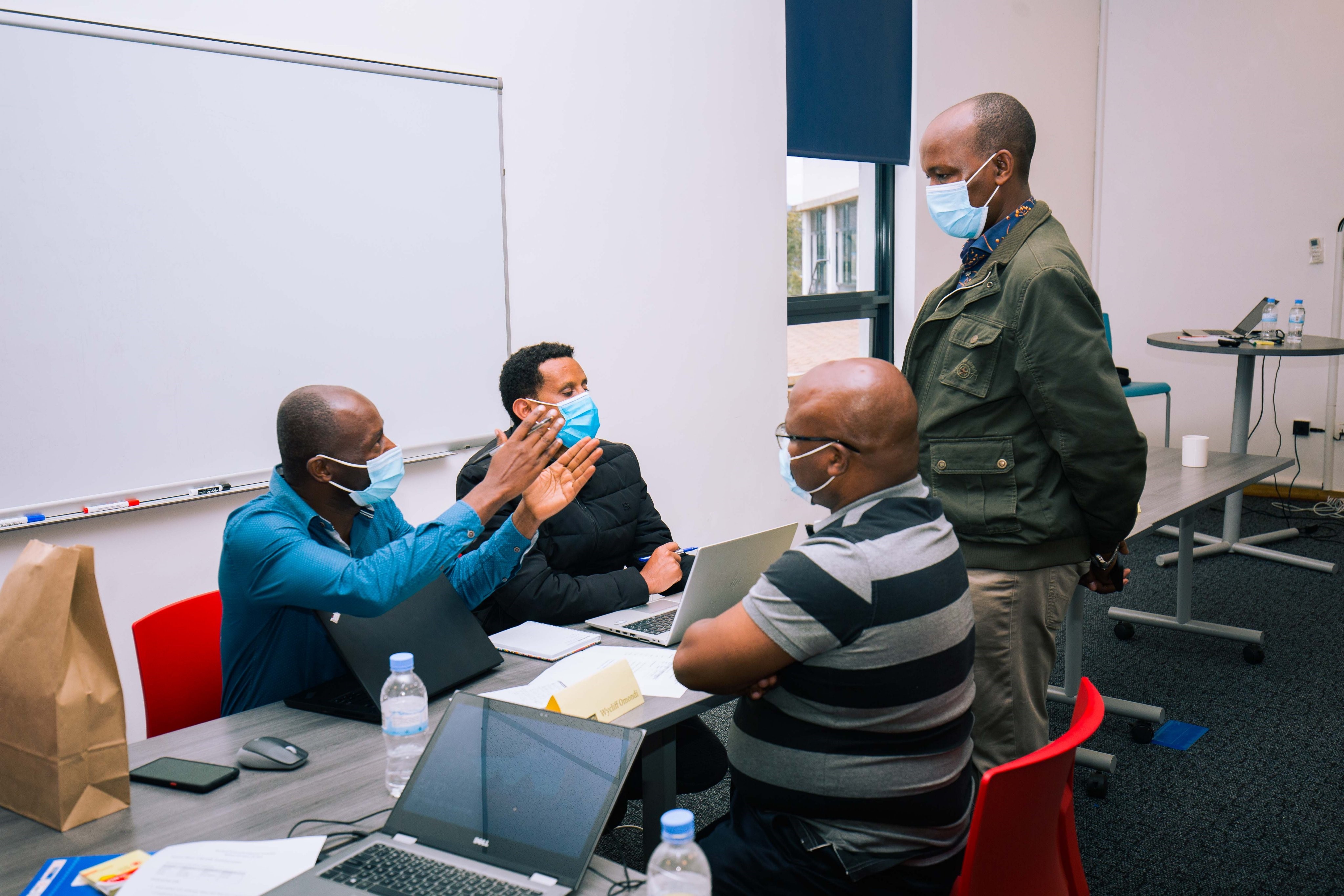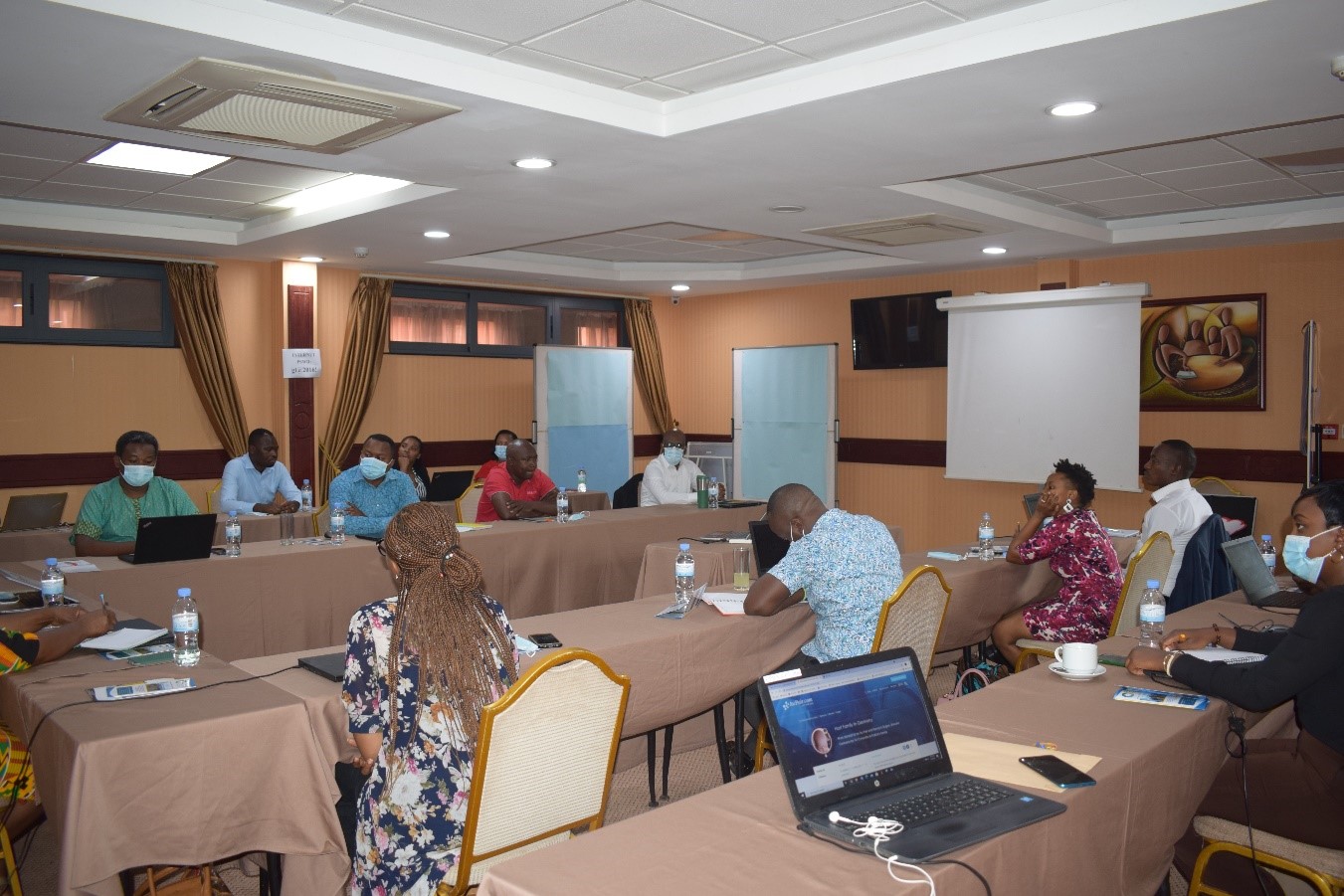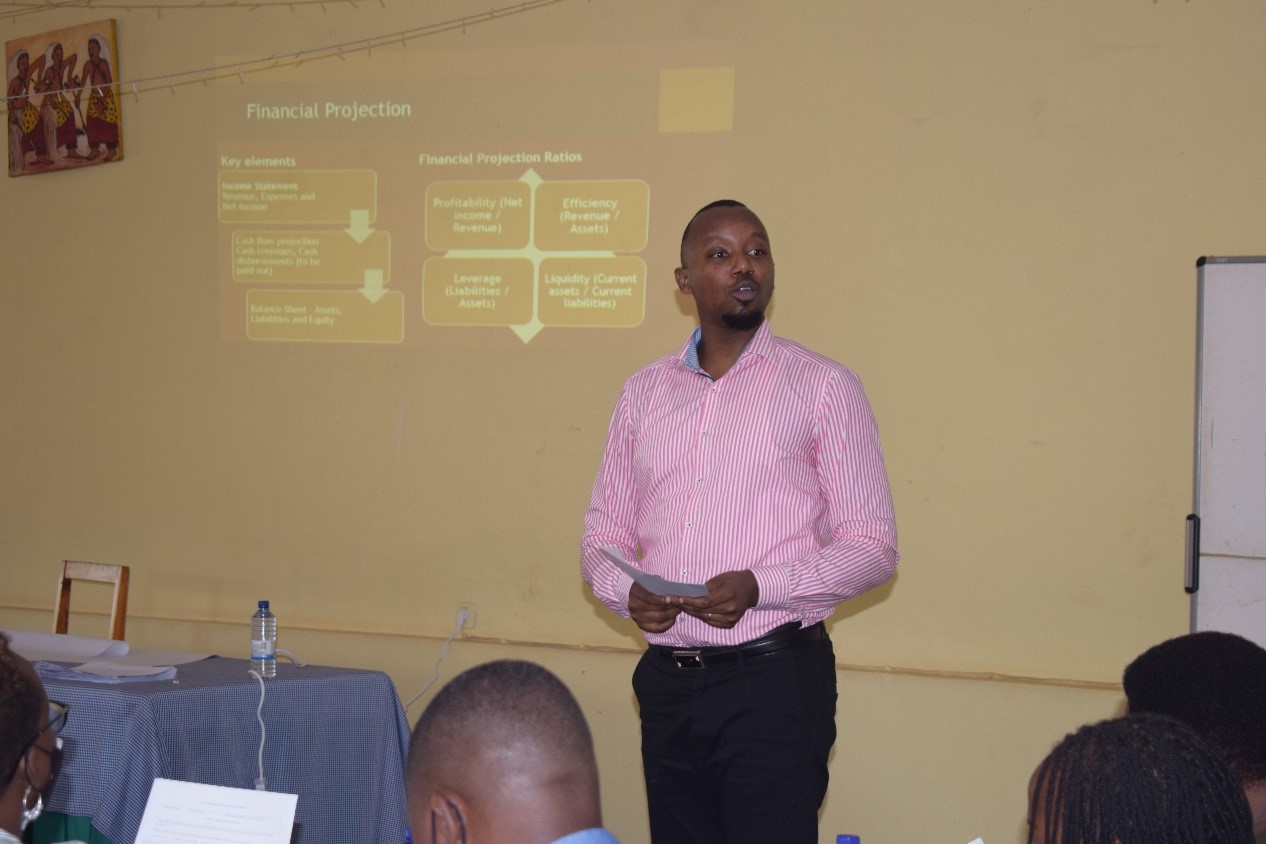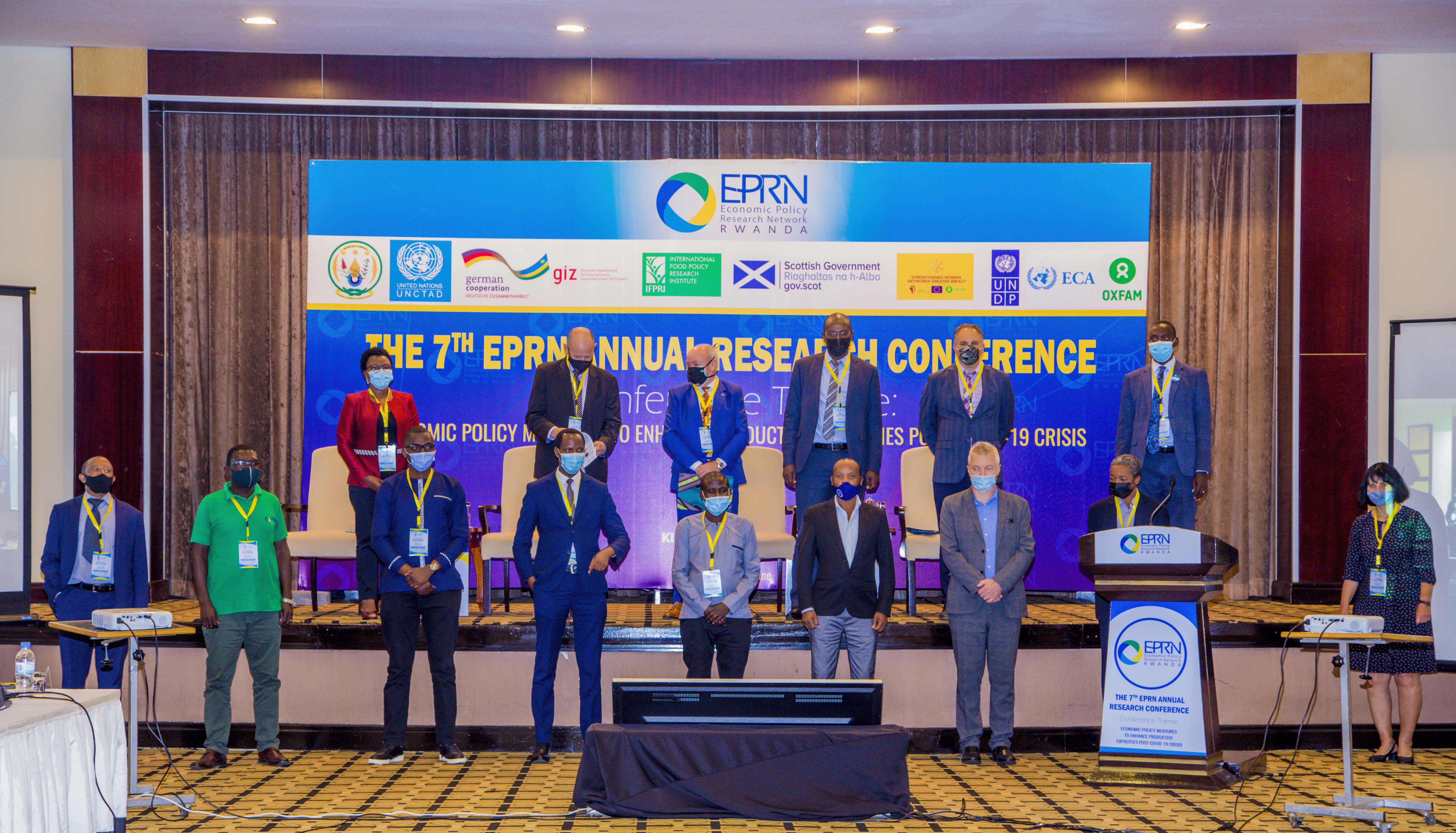Policy Dialogue about “Rwanda Debt Status and Policy”
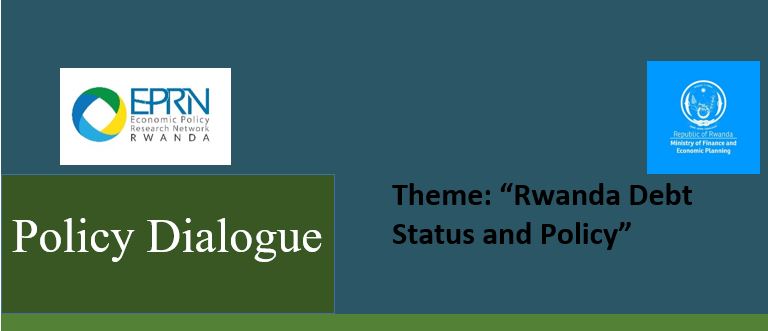
The Economic Policy Research Network (EPRN Rwanda) in collaboration with the Ministry of Finance and Economic Planning (MINECOFIN)/Chief Economist office ; organized a high level Policy Dialogue about “Rwanda Debt Status and Policy”. The policy dialogue held on 07th May 2019 from 2PM to 5PM at NISR Training Centre (new building). The objective of this dialogue was to present the current situation in relation to Rwanda’s Debt and brainstorm on what necessary policy actions and strategies to be taken to keep debts manageable.
Across Sub-Saharan Africa debt levels are going up rapidly. This is for different reasons. In some cases, some big oil exporters are avoiding taking measures to avoid a crisis and are taking more debt. That is a bad debt to be accruing. There are other countries, some of them in East Africa that are taking debt for infrastructure but this can be in some cases not sustainable In March 2019, speaking at the conclusion of a two week IMF staff mission to Rwanda, Laure Redifer, the IMF mission chief pointed out that Rwanda’s debt levels have been carefully managed despite capital intensive projects the country has undertook.
Careful management of Rwanda’s debt is mainly attributed to the fact that the Government has made to choice to keep a low risk of debt distress status as an anchor to its fiscal policy. This has been achieved through a process of careful prioritization and selection of projects and the country’s debt strategy to maximize concessional borrowing in favor of commercial borrowing.
The policy dialogue had one presentation from the chief economist of MINECOFIN. These presentation attracted questions and supplements from participants This dialogue would later have a panel discussion with members from representatives for UR, BNR, MINCECOFIN, Rwanda Stock Exchange and EPRN Rwanda.
The participants of the policy dialogue were drawn from development partners, civil society organizations, public and private institutions, academicians and researchers among others.
The policy dialogue concluded with a networking platform for the participants which is one of the key mandates of EPRN.





